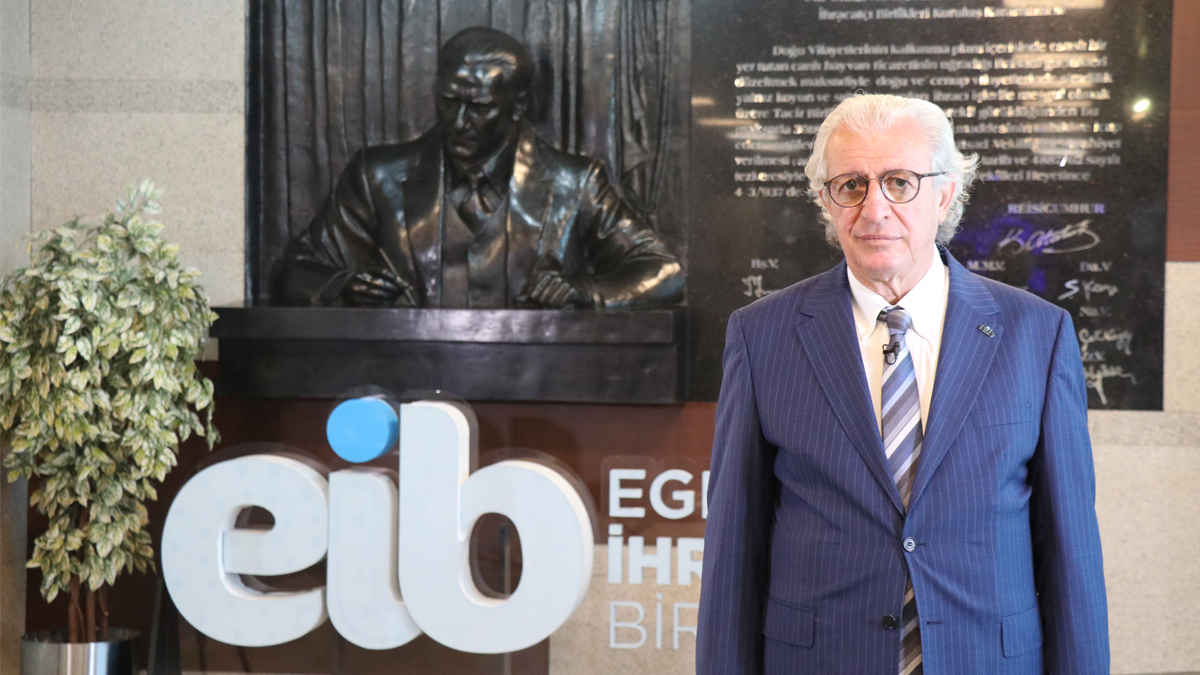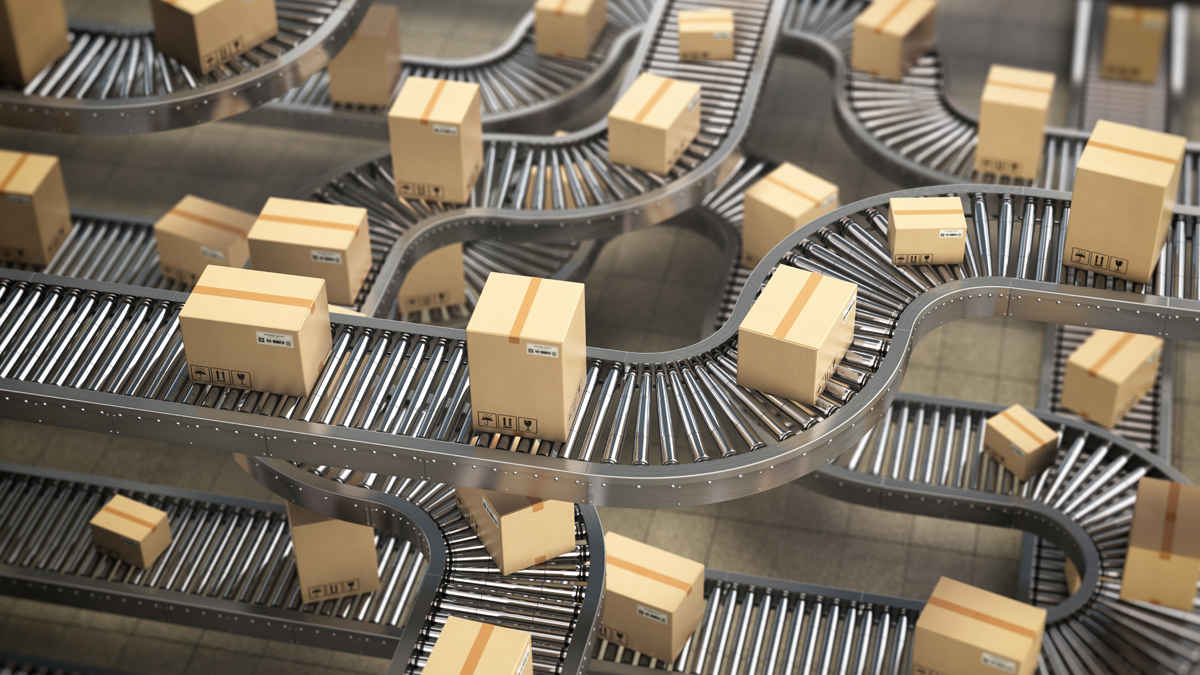Increasing sustainability demands and digitalization are transforming the traditional supply chain structure. In particular, supply chains are being reshaped with a series of new laws aimed at the prevention of child labour, human rights, environment and nature protection. Making a statement on this subject, Jak Eskinazi, Coordinator President of Aegean Exporters Unions (EİB), said that fair trade in the global supply chain will be decisive in the welfare of the society, sustainable development, the development of the country and the fight against the climate crisis.
Reminding the Global Risks Report presented before the World Economic Forum, Eskinazi said that five of the 10 biggest risks that will threaten the world in the next 10 years are climate crisis and environmental risks. Stating that topics such as the environment and climate crisis, sustainable development and human rights were discussed in Davos for four days, Eskinazi referred to the words of the founder of the forum Klaus Schwab; “A better economy is possible. But we must revive capitalism in our dreams”.
Eskinazi said the following; “So if we are part of the problem, we must be a part of the solution. Necessary measures should be taken urgently, especially in the sectors that cause the most carbon emissions. Many countries have started to take concrete steps regarding their supply chains in line with their sustainable development strategies. According to these regulations, companies will now have to adhere to human rights and ecological standards in the upcoming period”.
Global supply chain restructuring: new legal regulations are implemented in target markets
Jak Eskinazi disclosed that with the “Measure Against Child Labuor” law that will enter into force in 2022 in the Netherlands, no product that uses child labour at any point in the supply chain can enter this country. Eskinazi pointed out that there are similar measures in France, England and Australia;
“Sweden will also introduce an additional tax on the use of chemicals instead of recycled materials in ready-to-wear clothing from next year. The new supply chain law is also on the agenda in Germany, our most important trade partner. In addition, the new president of the USA, Joe Biden, aims to decarbonize the country’s electricity generation system in 15 years and to lay the foundation of a net zero emission economy by 2050. He promises a huge 2 trillion USD budget for the transition to renewable energy. China, the world’s largest carbon dioxide producer and responsible for 28 percent of global carbon emissions; aims to reduce its carbon emissions to zero by 2060. Even the rapid spread of the pandemic that we have been fighting for almost 1 year underlies irregular climatic conditions”.

Eskinazi relayed that the global economy should not be based on the exploitation of human and nature and child labour; and stated that it is necessary to act with great responsibility at every stage from production to product delivery. Eskinazi finished his words as follows; “Society 5.0 focuses on a quality of life; in which resources are used rationally and in accordance with utilitarian ethical principles; that protect the rights and benefits of future generations. We can build Society 5.0 by exhibiting a conscious behaviour in production and consumption. We should include blockchain technology in the supply chain process for the tracking of carbon emissions; the transparency of the supply chain and the correct use of resources”.

